Consumerism is a nasty habit. It’s one you don’t realize you’ve formed until you think about it and try not to buy things. That cute candle at Target that smells like cotton candy… you already have four candles in your house, but this one is just too cute and smells way too yummy. Gotta have it.
That tee shirt with the hilarious slogan on it that’s just way too perfect for you…. Gotta have it.
Oh look! Polka-dot leggings on sale, and your daughter could wear them with that kitty cat sweater your mom got her. Even though she could also wear that sweater with jeans or one of the other three pairs of leggings she has, oh well. Gotta have those leggings. And they’re only $6 so what the heck!
I dare you to pull out whatever recent receipts you have access to and look at what you bought. How many little non-necessary items were there this month? How much did it add up to? All of that money wasted on the habit of consuming that you didn’t even know you had.
The idea of “it’s only a dollar!” or “it’s 40% off though!” is killing us. For real. It all adds up to over-stuffed drawers, messy houses we can’t keep up with, less time spent as a family because all mom does is clean up, and expensive storage units because our 2400 square foot house can’t hold all our crap. It’s out of control.
So what do we do? We fight it. We stop buying crap we don’t need, and we pursue a purposeful life of less stuff and more joy. Here’s how you can stop buying stuff you don’t need.
Understand the psych behind it.
I don’t think it’s a big secret that stores know our brains and what makes us tick. They know what colors stand out to us most (red and yellow) and how to phrase their sales tags and exactly what numbers take us from “hmm…” to “mine!”. Nobody wants to walk into Target and feel like they’re fighting a war, but just be aware that these places are designed by professionals to make you buy what you don’t need before you even get to the part of the store with the deodorant you came for.
Start scheduling your shopping right after you’ve done some decluttering.
If you’ve just spent your morning purging the hallway closet, throwing away random things you didn’t even know you had and certainly never needed, you are way less likely to pick up something new of the same value during your weekly run to the store.
Speaking of purging, there are a few things you can do during a decluttering session to help yourself break the habit of buying. Take inventory of the stuff in the area you’re decluttering. Separate your things into categories –
Need – you need this item and you use it daily or weekly.
Sometimes need – you only need this item from time to time, but if the time came for it to be used, you would need it and not be able to get by without it.
Want – you bought this item because you wanted it, but you don’t need it.
Crap – this is totally pointless for your life, and you don’t even have a good reason for purchasing it.
Ask yourself the big three questions I always talk about for the items in your “sometimes need” and “want” piles.
- When was the last time I used this item?
- When will I use this again?
- Does this add to my life in a positive way? Does it bring me joy?
If the answer is no or anytime over six months, get rid of it.
Once you have your things sorted into piles and you know what you’re not keeping, get a piece of paper, a pen, and calculate about how much money you probably spent on each item. Add it up. Lesson learned, the painful way.
Now we’re going to make a different kind of list. I want you to write down all the things that make you really happy. What are the big joys in your life? I think it’s a safe bet to say most, if not all of them aren’t things you can buy (except coffee because, I mean come on it’s coffee). Remember this feeling. Keep perspective.


PIN THIS! SHARE THE LOVE FOR ME, GIRL.
Consider taking some time away from all the things.
Getting away from our usual chaos, taking a break, pressing pause, and just stepping back a bit helps immensely when you’re trying to gain perspective and make some changes. Go for a day trip with your family. Spend the day outdoors hiking, seeing God’s creation for all it is, get an ice cream cone downtown and walk around the lake together. If you can go camping or something and take it a step further, great!The point is, you’re reminding yourself what a good life you have without material things, and that you don’t need to buy things in order to enjoy life. Most of the time, the best days were cheap or free days. And we all know the best things in life don’t cost a penny.
Come up with a shopping test to re-train your brain. When you’re out running errands and putting things in a cart, ask yourself the following questions about each item.
Is this a planned purchase?
Would this ever end up in the “crap” pile next time I purge?
Where am I going to put this?
Is there room in my budget for this?
Why do I want/need this item?
Avoid impulsive buying by asking yourself those questions. Impulse buying is how they love to get ya!
This might seem unnecessary, silly, or a little extreme, but think about it… consuming things has become a habit. A lot of people actually get addicted to purchasing new things, so this is serious. Even the most ‘normal’ of us have to re-train our brains to not consume things we don’t truly need.
Focus on the money
Really pay attention to your finances after a couple weeks of implementing these changes. You will suddenly have more money. Minimalism can cure the paycheck-to-paycheck lifestyle, help you pay off debt, and once you see these positive results, it’s a snowball effect. It’ll just keep rolling into other areas of your finances. What a great perk! Just for getting rid of the things you didn’t need anyway, and breaking the habit of buying.


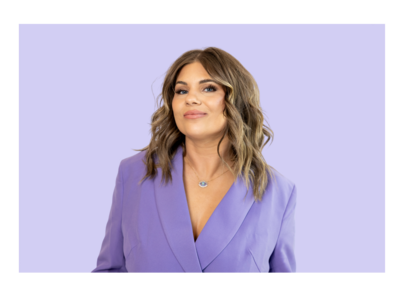

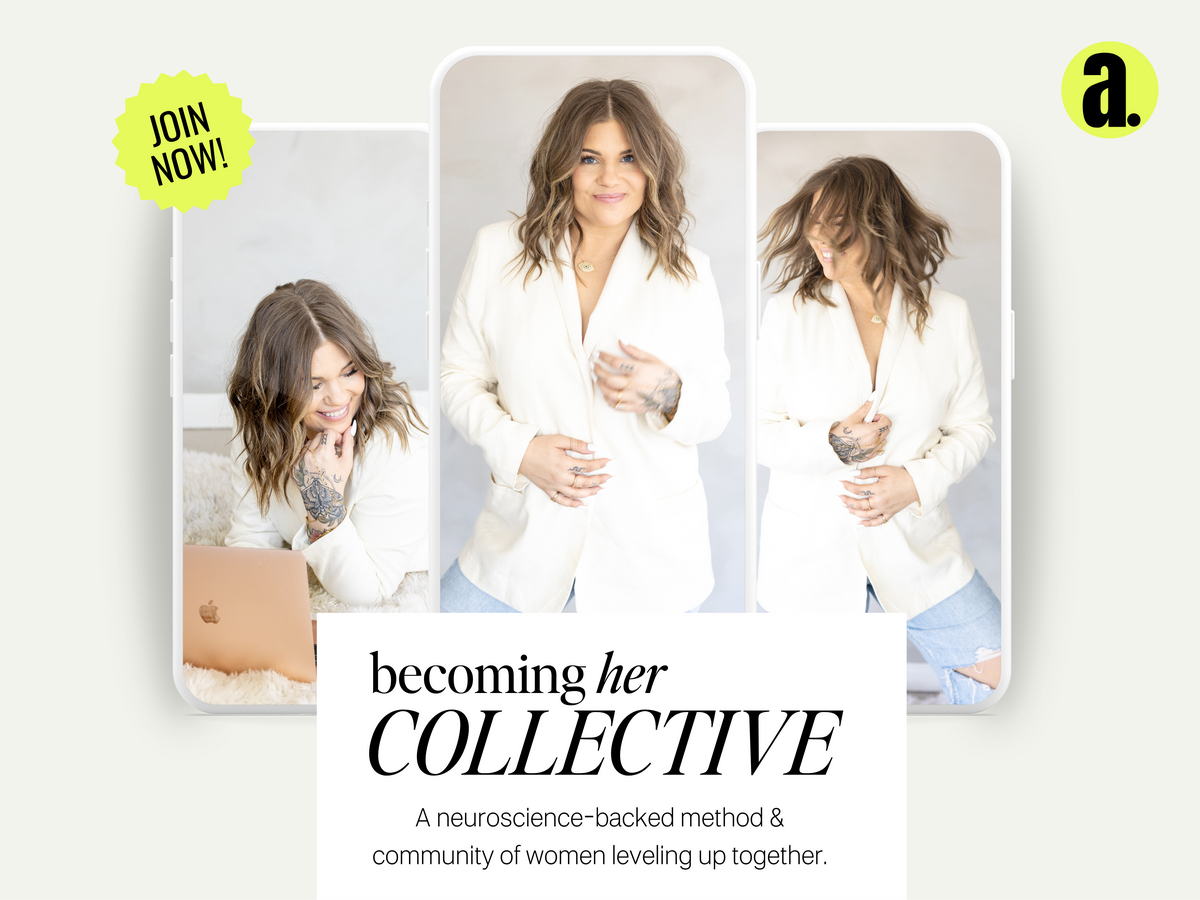

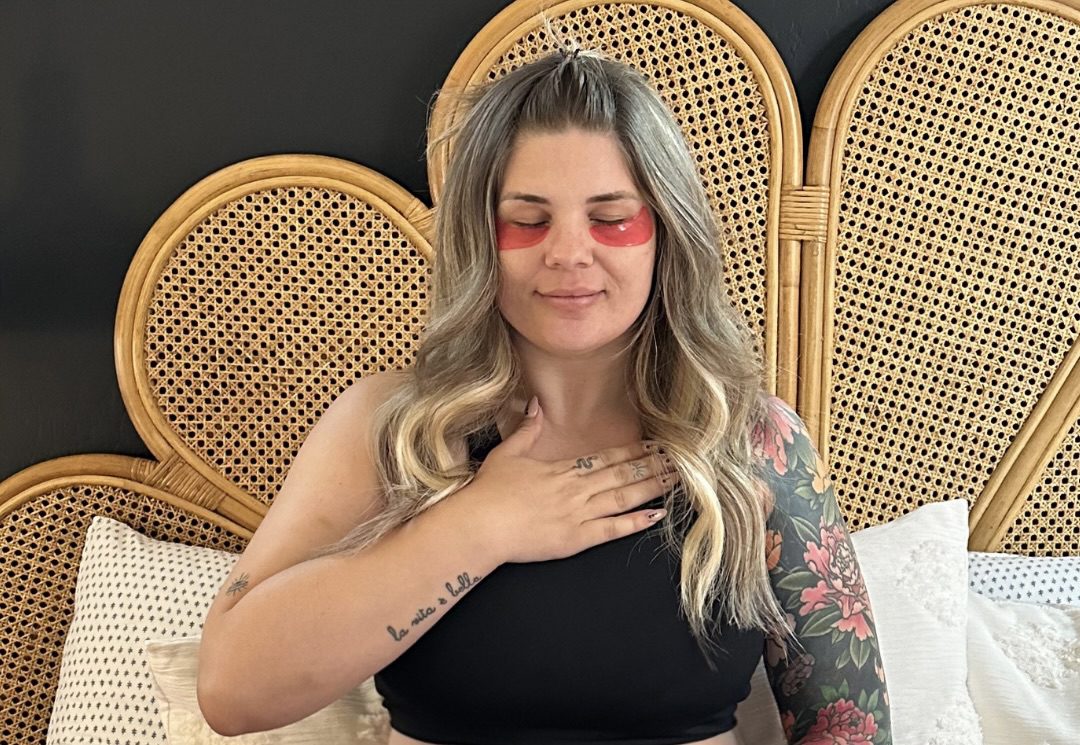

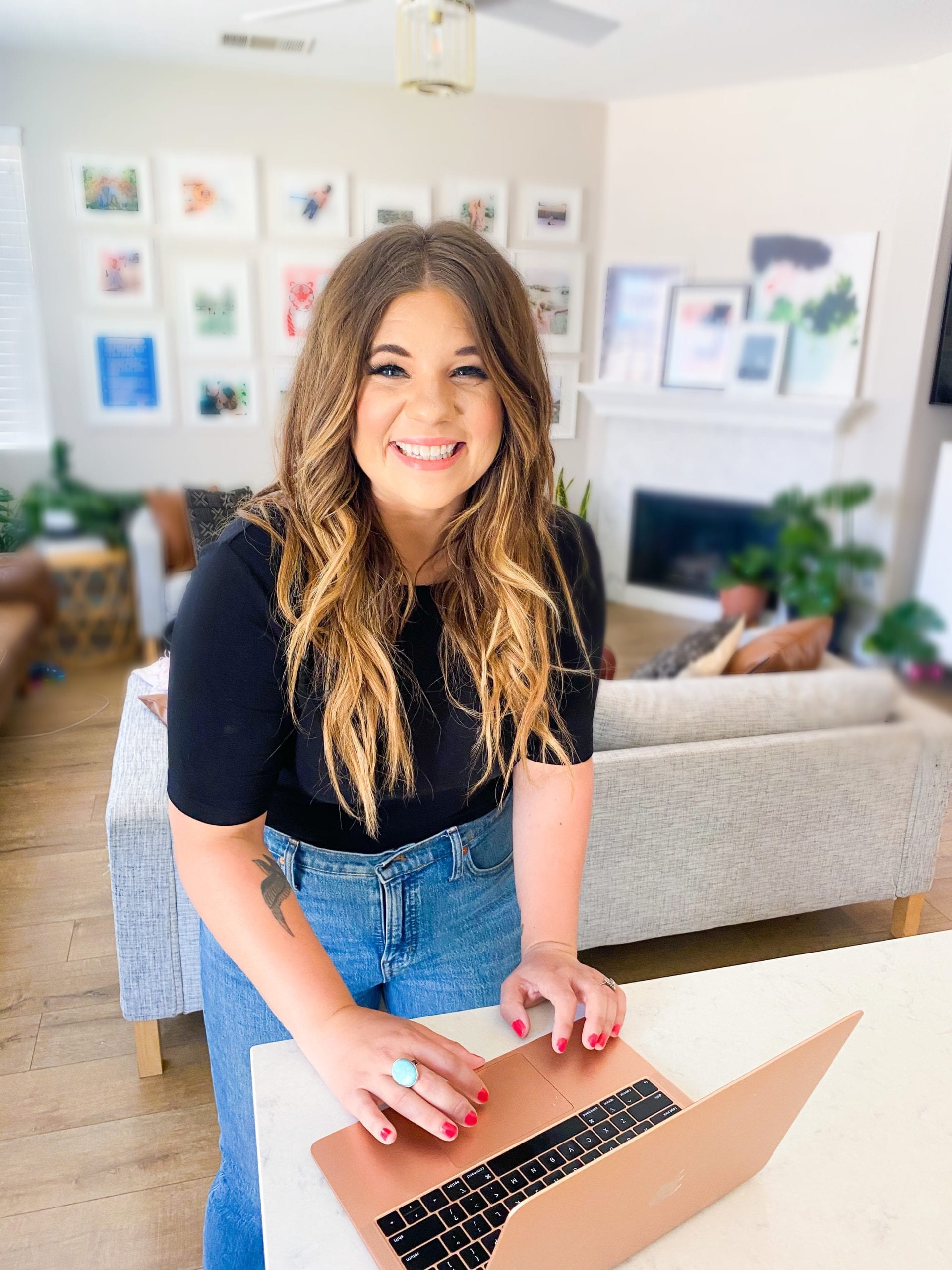

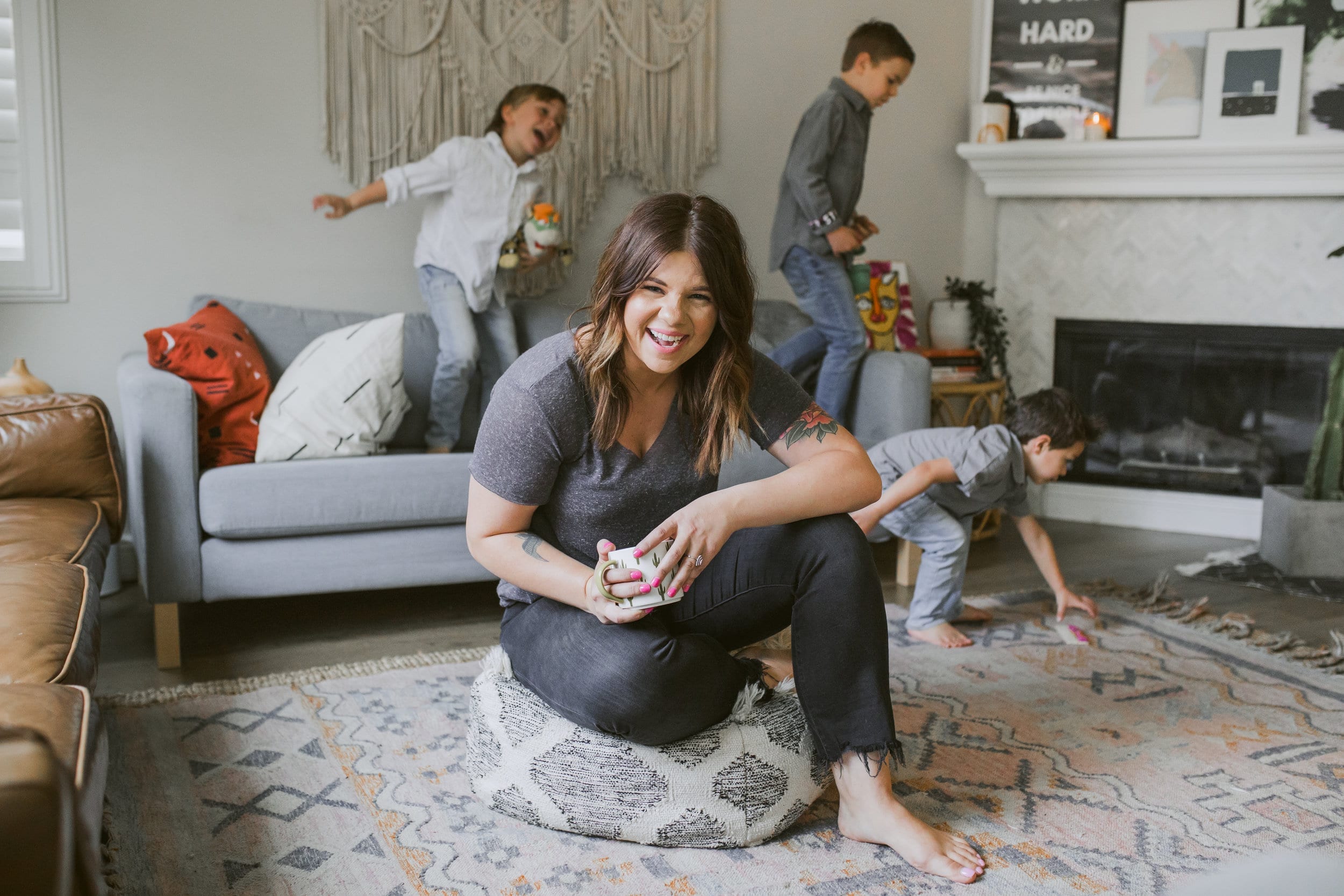

+ show Comments
- Hide Comments
add a comment